Thursday, 16 May 2024
Menu


We invite you to read the interview we recently had the opportunity to conduct with Tymek Podgórczyk from Divespot.pl Dive Centre in Gdynia. Tymek is an experienced technical diver, the participant of many unusual projects such as Grom 2010 or Graff Zeppelin. He also deals with underwater photography, but we decided to talk to him for a completely different reason. Are you curious what it could be about and what he had to tell us? We invite you to read!
TA: Where did the idea to create Baltic Underwater Research come from?
TP: The idea itself was born “on the diggers”. We did a number of cool dives over the last year and talked about what interesting things could still be done. We came to the conclusion that we have a few problems. The main one is that what we do are not dives that we can do alone, in our narrow circle. We need a large, close-knit team, with strongly unified procedures, which will be able to carry out various projects, both wreck and cave.
TA: So the need to create a team was your motivation?
TP: Yes, but only partially. The second aspect that Wojtek Filip drew my attention to was the fact that in Poland there is a whole mass of people who dive well, but are logistically limited when it comes to, for example, getting to the sea. Besides, the availability of wrecks for such divers is negligible, not to mention the possibility to identify new positions or create documentation.
TA: BUR is supposed to make it easier for them?
TP: Exactly. They already have the skills, the workshop, they have the right tools, but they don’t have anywhere to use it. Sometimes, even though they have great training, the projects they could take part in seem unattainable and unrealistic to them. We want to change that. Baltic Underwater Research, in a way, is supposed to direct them towards concrete actions. Instead of diving once again in place x, swimming around the wreck y with no greater purpose, we offer them the implementation of specific tasks that make up a larger whole. We want to create a team of people diving in a similar way, so that we can carry out interesting dives together.
TA: Which organisations or institutions are involved in your project?project?
TP: BUR is an undertaking organised by the Baltic Wreck Society, Divetrek group under the auspices of Global Underwater Explorers. We base on GUE standards, in respect to procedures, which, as opposed to other organisations, are very strictly specified. However we do not require the GUE powers. Additionally we intend to more extensively cooperate with the Naval Museum and the State Academy of Sciences.

TA: Are you not afraid of being accused of trying to sell training and equipment under the pretext of BUR?
TP: No, we don’t intend to train, we prefer to send the diver in question back to their instructor for further development. The only course that will be held within BUR will be a nitrox course, as Nitrox 32 will be the standard gas for us.
TA: Tell us, how popular is your idea?
TP: We have been very pleasantly surprised. Both by the number and the enthusiasm of the people who apply to us. At the moment, there are about 60 people from all over Poland. This proves that there are a lot of people who want to do something.
TA: What do your diving plans look like at the moment?
TP: For the first year or two, we plan to get together as a group. We also plan to catalogue shallow wrecks. The Dolphin was the first to go. We plan eight meetings a year, plus dives in our own local groups. We also organise a training dive every Tuesday in the Baltic Sea.
TA: What is it like to participate? Who and where do you apply to? Who can take part in the project?
TP: Anyone can join us at any time. We are very open and welcome everyone, regardless of their qualifications. There is room for people from OWD to technical divers. The Divetrek forum is our communication platform for the moment. All material will be available on our website, which is currently under construction.
TA: Thank you very much for the interview and good luck with the development of BUR
TP: Thanks and I also wish you all the best, and I invite anyone interested to our meetings!
Anyone interested in the project Baltic Underwater Reasearch welcome to the Divetrek forum.
Source: Divers24 Photo: Tymek Podgórczyk, M. Lindstrom
Baltic Underwater Research – interview with Tymek
TA: How did it all start?
TP: The idea itself was born “on the diggers”. Over the last year we did a number of interesting dives and talked about what interesting things could still be done. We came to the conclusion that we have a few problems. The main one is that the dives we do are not dives that we can do alone, in our narrow circle. We need a large, well-coordinated team, with strongly unified procedures, which will be able to carry out various projects, both wreck and cave.
TA: So the need to create a team was your motivation?
TP: Yes, but only partially. The second aspect that Wojtek Filip drew my attention to was the fact that in Poland there is a whole mass of people who dive well, but are logistically limited when it comes to getting to the sea. Besides, the availability of wrecks for such divers is negligible, not to mention the possibility to identify new positions or create documentation.
TA: BUR is supposed to make it easier for them?
TP: Yes, they already have the skills, the workshop, they have the right tools, but they have nowhere to use it. Sometimes, even though they have great training, the projects they could take part in seem unattainable and unrealistic to them. We want to change that. Baltic Underwater Research, in a way, is supposed to direct them towards concrete actions. Instead of diving once again in place x, swimming around the wreck y with no greater purpose, we offer them the implementation of specific tasks that make up a larger whole. We want to create a team of people diving in a similar way, so that we can carry out interesting dives together.
TA: Which organisations or institutions are involved in your project?
TP: BUR is an undertaking organised by the Baltic Wreck Society, Dive Trek group under the auspices of Global Underwater Explorers. We are basing on GUE standards, in respect to procedures, which contrary to other organisations are very strictly specified, however we do not require GUE powers. Additionally we intend to more extensively cooperate with the Naval Museum and the State Academy of Sciences.
TA: Are you not afraid of being accused of trying to sell training and equipment under the pretext of BUR?
TP: No, we are not going to train, we prefer to send the diver in question back to their instructor to develop further. The only course that will take place within BUR will be a nitrox course, as Nitrox 32 will be the standard gas for us.
TA: Tell us, how popular is your idea?
TP: We have been very pleasantly surprised. Both by the number and the enthusiasm of the people who apply to us. At the moment, there are about 160 people from all over Poland. This proves that there are a lot of people who want to do something.
TA: What do your diving plans look like at the moment?
TP: For the first year or two, we plan to get together as a group. We also plan to catalogue shallow wrecks. The Grozny is our first dive. We plan eight meetings a year, plus dives in our own local groups. Every Tuesday we also organise a training dive in the Baltic Sea.
TA: What is it like to participate? Who and where do you apply to? Who can take part in the project?
TP: Anyone can join us at any time. We are very open and welcome everyone, regardless of their qualifications. There is room for people from OWD to technical divers. The Divetrek forum is our communication platform for the moment. All material will be available on our website, which is currently under construction.
TA: Thank you very much for the interview and good luck with the development of BUR
TP: Thanks and I also wish you all the best, and I invite anyone interested to our meetings!
Baltic Underwater Research – interview with Tymek
TA: How did it all start?
TP: The idea itself was born “on the diggers”. Over the last year we did a number of interesting dives and talked about what interesting things could still be done. We came to the conclusion that we have a few problems. The main one is that the dives we do are not dives that we can do alone, in our narrow circle. We need a large, well-coordinated team, with strongly unified procedures, which will be able to carry out various projects, both wreck and cave.
TA: So the need to create a team was your motivation?
TP: Yes, but only partially. The second aspect that Wojtek Filip drew my attention to was the fact that in Poland there is a whole mass of people who dive well, but are logistically limited when it comes to getting to the sea. Besides, the availability of wrecks for such divers is negligible, not to mention the possibility to identify new positions or create documentation.
TA: BUR is supposed to make it easier for them?
TP: Yes, they already have the skills, the workshop, they have the right tools, but they have nowhere to use it. Sometimes, even though they have great training, the projects they could take part in seem unattainable and unrealistic to them. We want to change that. Baltic Underwater Research, in a way, is supposed to direct them towards concrete actions. Instead of diving once again in place x, swimming around the wreck y with no greater purpose, we offer them the implementation of specific tasks that make up a larger whole. We want to create a team of people diving in a similar way, so that we can carry out interesting dives together.
TA: Which organisations or institutions are involved in your project?
TP: BUR is an undertaking organised by the Baltic Wreck Society, Dive Trek group under the auspices of Global Underwater Explorers. We are basing on GUE standards, in respect to procedures, which contrary to other organisations are very strictly specified, however we do not require GUE powers. Additionally we intend to more extensively cooperate with the Naval Museum and the State Academy of Sciences.
TA: Are you not afraid of being accused of trying to sell training and equipment under the pretext of BUR?
TP: No, we are not going to train, we prefer to send the diver in question back to their instructor to develop further. The only course that will take place within BUR will be a nitrox course, as Nitrox 32 will be the standard gas for us.
TA: Tell us, how popular is your idea?
TP: We have been very pleasantly surprised. Both by the number and the enthusiasm of the people who apply to us. At the moment, there are about 160 people from all over Poland. This proves that there are a lot of people who want to do something.
TA: What do your diving plans look like at the moment?
TP: For the first year or two, we plan to get together as a group. We also plan to catalogue shallow wrecks. The Grozny is our first dive. We plan eight meetings a year, plus dives in our own local groups. Every Tuesday we also organise a training dive in the Baltic Sea.
TA: What is it like to participate? Who and where do you apply to? Who can take part in the project?
TP: Anyone can join us at any time. We are very open and welcome everyone, regardless of their qualifications. There is room for people from OWD to technical divers. The Divetrek forum is our communication platform for the moment. All material will be available on our website, which is currently under construction.
TA: Thank you very much for the interview and good luck with the development of BUR
TP: Thanks and I also wish you all the best, and I invite anyone interested to our meetings!
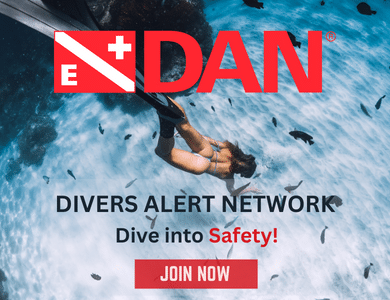
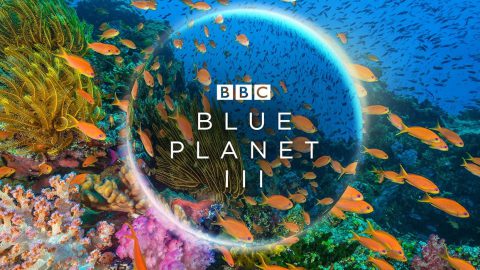

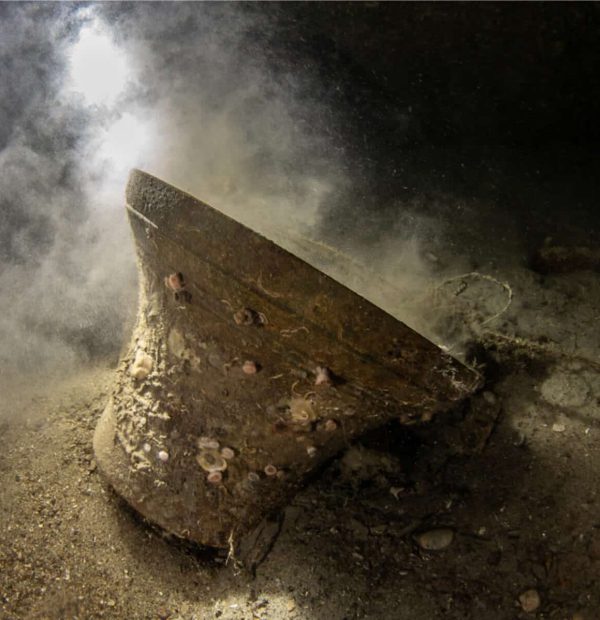
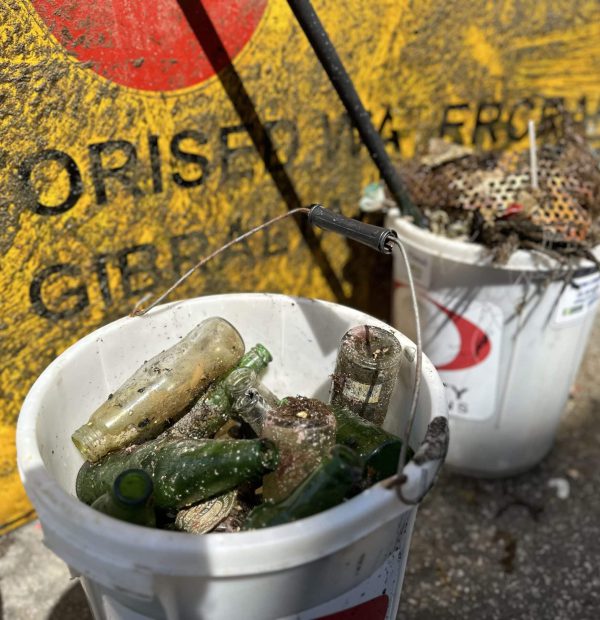
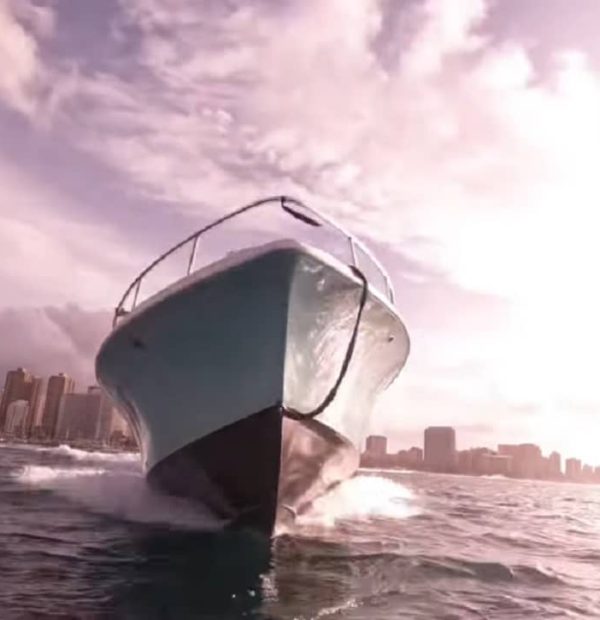
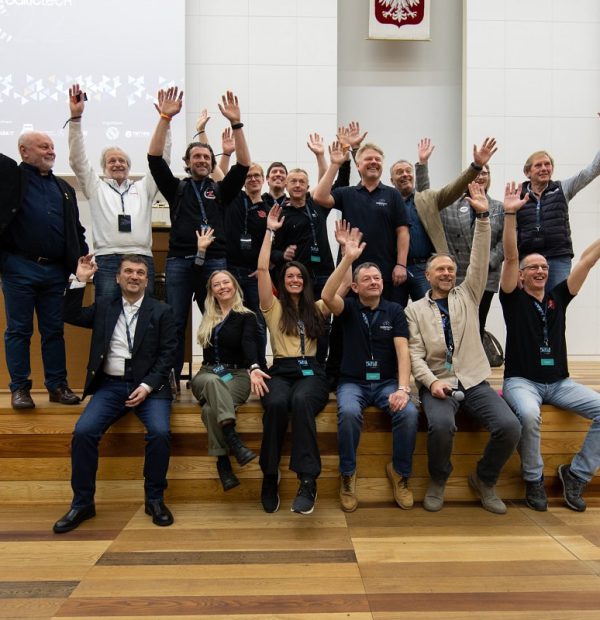
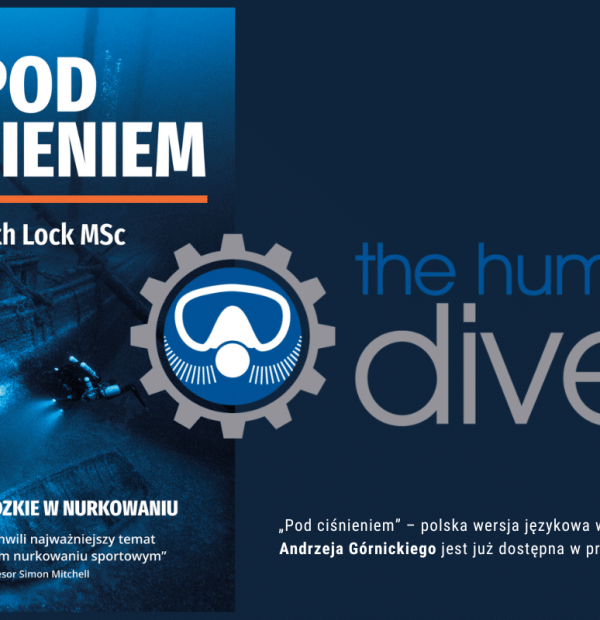
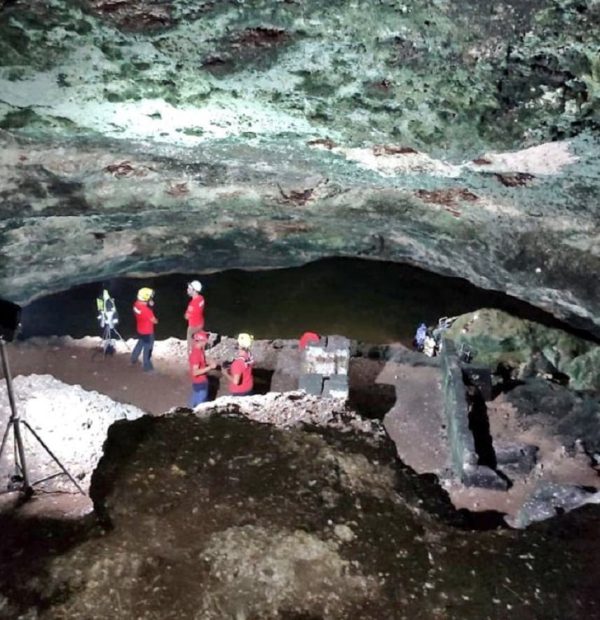

Welcome to DIVERS24.COM, your daily source of scuba news, freediving, scuba diving information, and equipment reviews. Our comprehensive coverage of the dive industry from A to Z provides you with all the latest scuba news, training updates, underwater photography tips, and everything else related to scuba diving. Whether you’re a beginner or an experienced diver looking for more knowledge about scuba gear or techniques – we’ve got it covered! With our in-depth articles written by experienced divers who have been there and done that, you are sure to find exactly what you need here at Divers24.com. Dive into scuba news today!
Underwater Media Sp. z o.o.
Szafarnia 11/F8,
80-755 Gdansk, Poland
Welcome to DIVERS24.COM, your daily source of scuba news, freediving, and scuba diving information. Sign in for a weekly news update and discount coupons for dive gear and apparel.
@2023 - underwatermedia.pl. All Right Reserved. Designed and Developed by Tworzenie stron internetowych Gdansk

The Divers24 portal is currently the largest online medium treating diving in Poland. Since 2010 we have been providing interesting and important information from Poland and around the world on all forms of diving and related activities.
Contact us: info@divers24.com